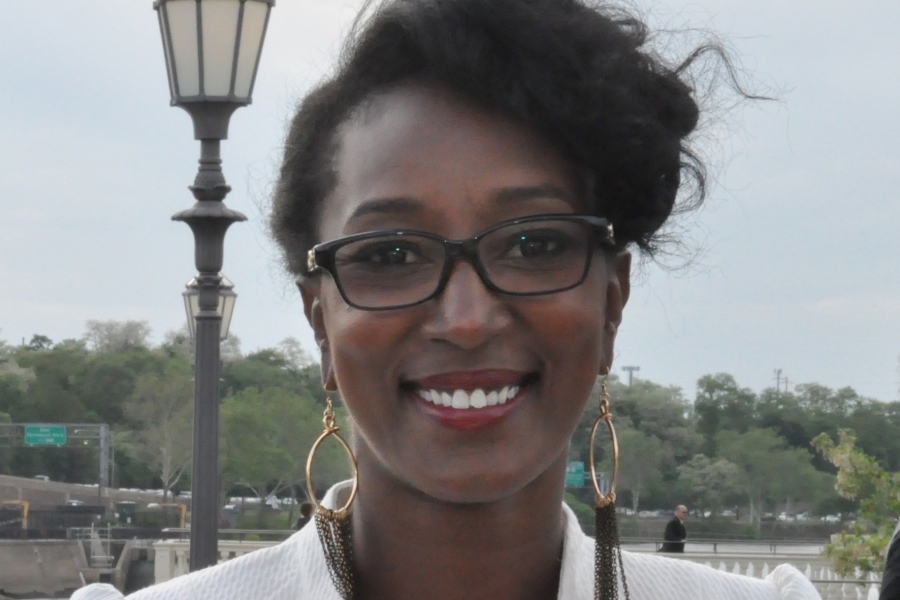STD Awareness Month is here, along with the alarming news that sexually transmitted diseases are on the rise. Recent data from the Centers for Disease Control and Prevention for chlamydia, gonorrhea and syphilis show surprising and unfortunate numbers, with cases of all three diseases increasing for the first time since 2006.
Gay, bisexual and other men who have sex with men continue to be at greatest risk for infection, along with young people ages 15–24.
The reality is that sexually transmitted infections are not just about sex, or individual risk behaviors. When we look at what’s causing infection rates to rise in certain populations, or different geographic areas, it’s about resources, education and access to quality health care.
Sexually transmitted infections are preventable, and there are steps we can take to minimize the negative, long-term consequences of these infections. This year’s CDC campaign for STD Awareness Month revolves around three simple actions they encourage anyone to take to protect their health: Talk. Test. Treat.
Getting tested for STIs should be simple, but many don’t perceive it that way. Too many people don’t know where to go. Even those of us who work in the public-health/sexual-health fields are aware of the shame and embarrassment many people experience, simply to walk through the doors of a place like the Washington West Project, Mazzoni Center’s walk-in testing site at 1201 Locust St. That stigma really does have an impact on people accessing services they need.
We certainly have a pool of clients who choose Wash West/Mazzoni Center for testing because of our reputation in the LGBTQ community, because they’ve been to us before or been referred by a friend or someone in their social network. Some of these folks may have a longstanding relationship with their medical provider, but the truth is that sex is not often talked about during medical visits, even in 2016.
When you layer in LGBTQ identities, and people not knowing how their local health clinic or provider may respond, there can be even more anxiety and reluctance to have those conversations. They appreciate coming to a place they know will be nonjudgmental and supportive. Our goal at Wash West is to create an atmosphere where you can come in and really talk about the things that may be putting you at risk, and get support around changing those (if you want to).
Depending on the type of activity you’re engaged in, we can recommend the appropriate screening for you — whether it’s a mouth swab, genital swab or urine test for gonorrhea or chlamydia, a blood draw to test for syphilis or a mouth swab for HIV.
At Wash West, we do a lot of oral screenings because a lot of people use their mouth to have sex and they don’t always use a barrier. We have detected folks with gonorrhea who might otherwise not have been aware, so those screenings can be very helpful to consider and know about.
With HIV testing in particular, the turnaround time for results has been slashed, so you can find out your result in just 60 seconds. (In fact, I’ve had a few folks tell me they need a little more time to mentally prepare for their result.)
That’s where having a staff of highly trained, respectful and compassionate counselors makes a tremendous difference. Most people find it very empowering to be able to walk into our location, and walk out a short time later with their results on paper.
For STI screenings, specimens are sent to a lab so a person’s results are not instant. But the city health department has a system in place that’s much more efficient and convenient for clients than it was just a few years ago, when you had to wait two full weeks for a follow-up call from the health department. Nowadays, folks can get screened with us and then opt to have their results sent via email or text. It’s a safe portal so you have to login to a system to access your individual results.
In my experience, LGBT folks generally understand and know the risks of unprotected sex; they’ve had to learn those things. But each person who comes through our doors brings his or her own history and perspective. Sometimes they are visibly anxious, terrified they have contracted an infection and, with those people, we really try to slow down and talk things through. We often find that once you engage with a person and are able to educate them about what puts you at risk and what doesn’t, that goes a long way to reassuring them.
While it is never happy news to learn that you have a sexually transmitted infection, the truth is that they can happen to anyone who is sexually active. And with the many advances in treatment, including treatment of HIV, and the array of resources available to people living in Philadelphia, there is simply no reason not to get tested and stay up to date on your sexual health.
That’s why I encourage you to stop by Wash West — we’re open seven days a week, and we’d love to see you.
Rashita Hurst is HIV/STI services manager at Mazzoni Center.
